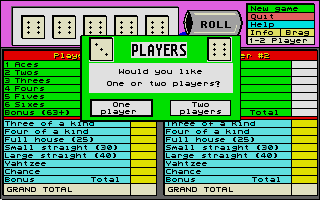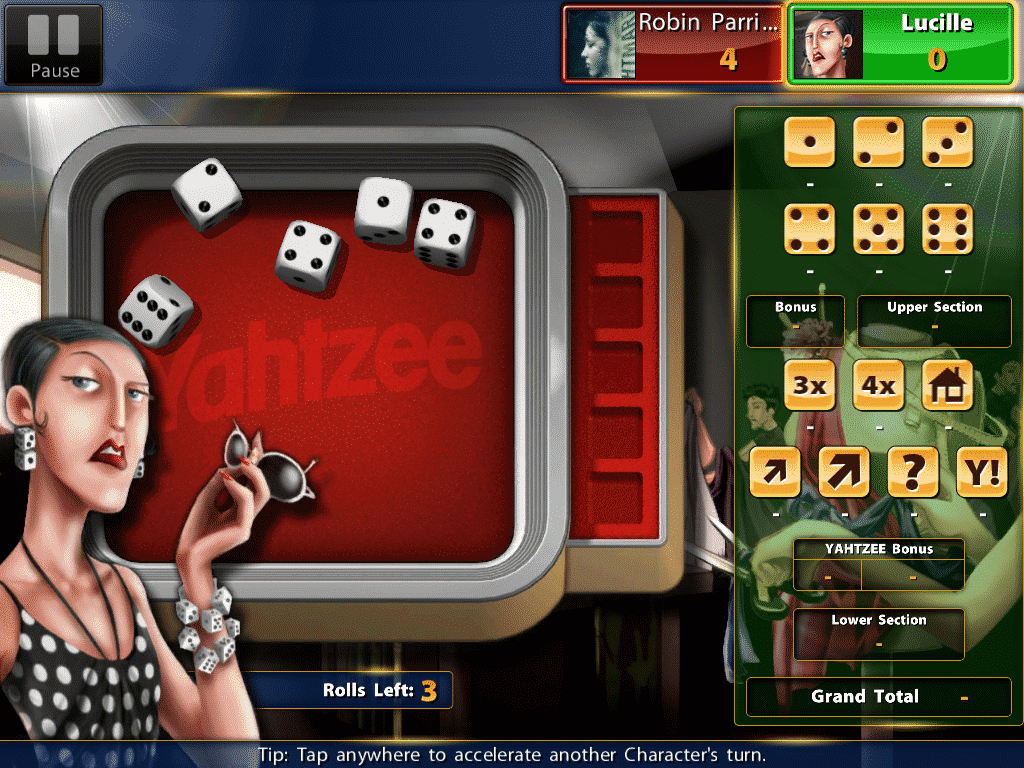

Some say that the oldest dice could have been made some 5000 years ago. Unfortunately, the history of the die is a bit of a blur. For instance, role-playing games like Dungeons and Dragons often make use of those. Of course, there are also dice that are not cubes and have between four and eight faces. The die we all know and love is a cube that generates a random number between 1 and 6. In the latter two, dice are more central to the game instead of just being a tool. In the former two examples, rolling a die determines the movement of the player. They are essential to many games, from Ludo and Monopoly to craps and Yahtzee.

Surely, dice are the most common random number generator. Even though we see symbols, there is always a number behind each one. Even online slot games are essentially random number generators. In fact, the unpredictable nature of roulette is what makes it so thrilling in the first place. We can never say for certain which number the ball will land on. The roulette wheel is also a common random number generator.

That is one of many ways we let randomness control a game. It ensures equal odds of winning for everyone playing. As we know, this device pulls out a number of lottery balls at random and creates the winning combination. There's one random number generator we are all familiar with - the lottery drum. In this article, we are going to talk about different ways we use randomness, as well as the tools we that help us achieve it. That is especially true if we haven't heard that song in a while, not to mention that so many board and card games also depend on randomness. Despite our tendency to create custom playlists, we still like when our app "surprises" us with a song. Here's an example we can all relate to - the "shuffle" option on most music apps. Therefore, we can say that while we are faithful to order and structure, we also enjoy flirting with randomness. In fact, we cannot deny that we like surprises and coincidences. Of course, it certainly helps us with our daily tasks, but the colors change when something surprising happens. Still, order comes with a flaw - it's predictable. Almost everything we do follows certain rules and regulations there are laws in place and rules to adhere to. The examples are many - schedules, tidy rooms, neatly folded clothes, and the like. As humans, we naturally strive for some kind of order.


 0 kommentar(er)
0 kommentar(er)
